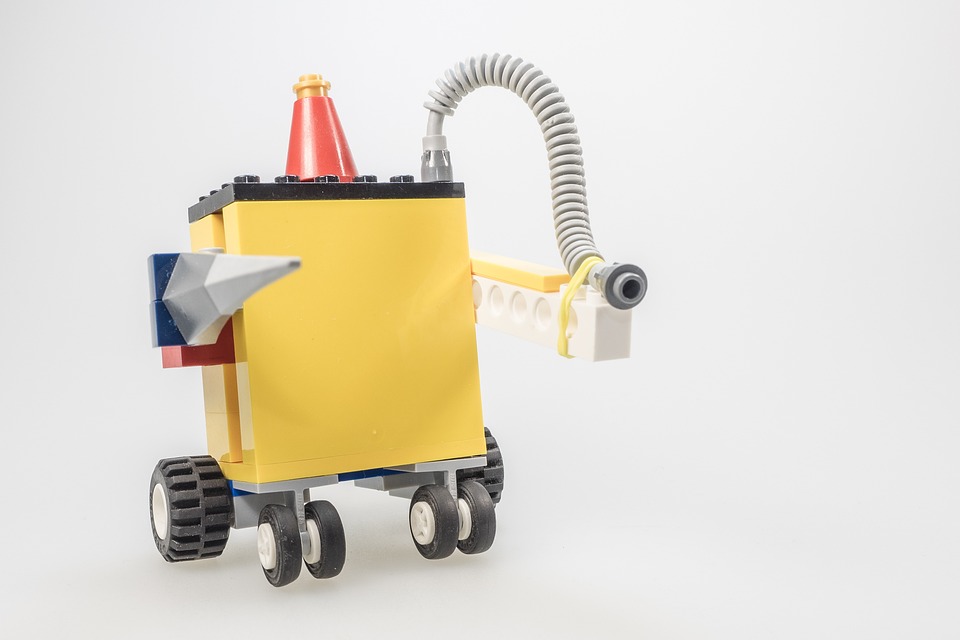[ad_1]
#Advancements #Robotics #Technology #Revolutionizing #Healthcare
Advancements in Robotics: How Technology is Revolutionizing Healthcare
Rapid advancements in robotics technology have led to significant breakthroughs in the field of healthcare. From robotic surgical systems to assistive robots for the elderly, the impact of robotics in healthcare is truly revolutionary. As these technologies continue to evolve, they are transforming the way healthcare is delivered, improving patient outcomes, and enhancing the capabilities of healthcare professionals.
Robotic Surgical Systems
One of the most notable areas where robotics technology has made a significant impact is in the field of surgery. Robotic surgical systems, such as the da Vinci Surgical System, have allowed for minimally invasive procedures with greater precision and control. These systems enable surgeons to perform complex surgeries with smaller incisions, leading to reduced pain, faster recovery times, and fewer complications for patients.
Assistive Robots for Rehabilitation
In addition to surgical applications, robotics technology is also being used to assist in rehabilitation. Robotic exoskeletons, for example, are being used to help patients regain mobility and strength after injuries or surgeries. These devices provide support and assistance to patients during their rehabilitation exercises, allowing them to recover more quickly and effectively.
Telepresence Robots for Remote Healthcare
Telepresence robots are another innovative application of robotics technology in healthcare. These robots allow healthcare professionals to remotely interact with patients, providing consultations, monitoring vital signs, and even performing routine examinations. This is particularly valuable in rural or underserved areas where access to healthcare may be limited.
Robotic Assistants for the Elderly
As the population ages, the demand for elderly care is increasing. Robotics technology is being used to develop assistive robots that can help elderly individuals with daily tasks, remind them to take medications, and provide companionship. These robots can also alert caregivers in the event of an emergency, providing an added layer of safety and security for the elderly.
Summary
Advancements in robotics technology are revolutionizing healthcare in numerous ways. From robotic surgical systems that enable minimally invasive procedures to assistive robots for rehabilitation and elderly care, the impact of robotics in healthcare is far-reaching. As these technologies continue to evolve, they will play an increasingly important role in improving patient outcomes, enhancing the capabilities of healthcare professionals, and addressing the challenges of an aging population.
FAQs
What are the benefits of robotic surgical systems?
Robotic surgical systems enable surgeons to perform complex procedures with greater precision, resulting in smaller incisions, reduced pain, faster recovery times, and fewer complications for patients.
How are telepresence robots changing healthcare delivery?
Telepresence robots allow healthcare professionals to remotely interact with patients, providing consultations, monitoring vital signs, and performing routine examinations, particularly in rural or underserved areas.
What role do robotics play in elderly care?
Robotics technology is being used to develop assistive robots for the elderly, helping them with daily tasks, reminding them to take medications, providing companionship, and alerting caregivers in the event of an emergency.
1706570714
[ad_2]
